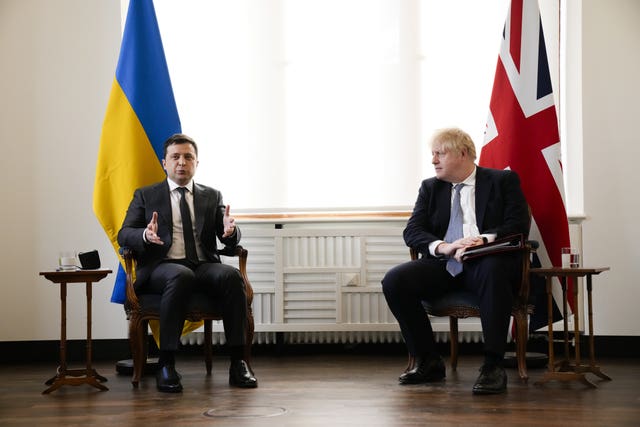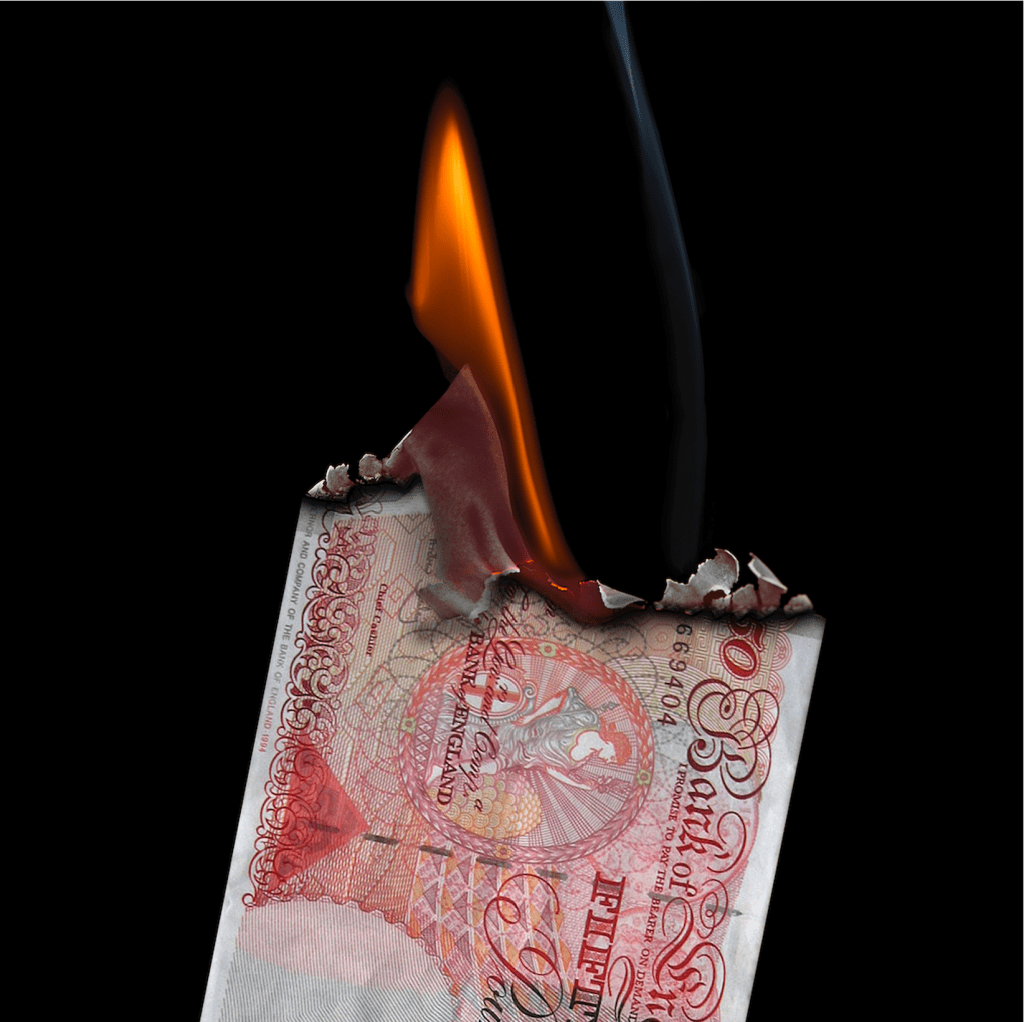Ukrainian president Volodymyr Zelenskyy had called for the West to move away from an “appeasement policy” in its approach to Russian aggression.
20 February 2022
Boris Johnson appeared to say it is not fair to compare the West’s response to Russian aggression with appeasement.
The Prime Minister was responding in an interview with BBC’s Sunday Morning programme to remarks made on Saturday by the Ukrainian president, Volodymyr Zelenskyy.
During a speech to the Munich Security Conference, Mr Zelenskyy was critical of what he called the West’s “appeasement” in the face of Russian aggression.
“We have the right to demand to move from the appeasement policy to ensuring the guarantees of security,” he said, in a translation offered by the conference.


It was put to Mr Johnson on the BBC that his message to Ukrainians is that, were Russia to invade, they would be on their own. And the Ukrainian president’s criticism of “appeasement” was also put to the Prime Minister.
Mr Johnson said: “I don’t think that that’s fair. I think that what we’re trying to do is offer every possible support to Ukraine, and to make sure that we hit Russia with the hardest possible package of economic sanctions.”
He said the UK has offered a “massive package of economic support” to Ukraine, which is rising to £100 million.
And he added that Nato is “fortifying” its eastern flank.
A week ago the Ukraine’s ambassador to the UK, Vadym Prystaiko, appeared to criticise Defence Secretary Ben Wallace’s own comparison between diplomatic efforts to prevent a Russian invasion and appeasement.
Mr Wallace had said that there was a “whiff of Munich in the air”, in a reference to the agreement that allowed German annexation of the Sudetenland in 1938 but failed to prevent the Second World War.
Mr Prystaiko responded at the time, telling BBC Radio 4’s Broadcasting House programme: “It’s not the best time for us to offend our partners in the world, reminding them of this act which actually not bought peace but the opposite, it bought war.”
Mr Johnson spent Saturday engaged in diplomatic efforts to avoid war as he warned the Kremlin during a speech at the Munich Security Conference of increased financial sanctions should Russian President Vladimir Putin order troops across the border.
Speaking to the BBC’s Sunday Morning programme, Mr Johnson also warned that a Russian incursion across the border into Ukraine “could be the biggest war in Europe” since the Second World War, with casualties on both sides.
He said his message for Mr Putin is “now is the moment to pull back, now is the moment to engage in serious diplomatic conversation”.



